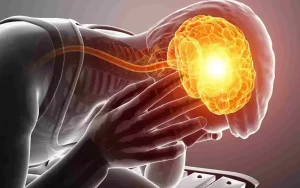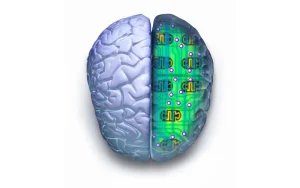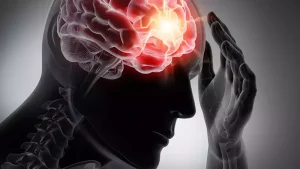Individuals who underwent traumatic events during childhood, such as abuse, neglect, or household dysfunction, may have a higher likelihood of developing headache disorders in adulthood, as per a meta-analysis released online on October 25, 2023, in Neurology. It’s important to note that this research establishes an association and doesn’t confirm a causative link between these experiences and headaches.
“Childhood events with enduring health implications” — Catherine Kreatsoulas, Ph.D., from Harvard T.H. Chan School of Public Health in Boston, Massachusetts, underscored this, stating, “Our comprehensive analysis confirms childhood traumatic events as crucial risk factors for adult headache disorders, encompassing migraine, tension headaches, cluster headaches, and chronic or severe headaches. This is a risk factor that warrants close attention.”
The study, amalgamating 28 studies and involving 154,739 participants across 19 countries, unveiled that 31% reported at least one childhood trauma, with 16% diagnosed with primary headaches. Among those with traumatic childhood events, 26% were diagnosed with primary headache disorders, in contrast to 12% without such experiences.
Individuals with one or more traumatic childhood events were 48% more likely to have headache disorders. The risk ascended with the number of traumatic events, with a 24% higher risk for one event and over twice the risk for four or more events.
The study distinguished between threat and deprivation traumas. Threat traumas (physical abuse, sexual abuse, etc.) were correlated with a 46% increase in headaches, while deprivation traumas (neglect, economic adversities, etc.) were linked to a 35% increase. Among specific traumas, physical and sexual abuse increased the risk by 60%, and childhood neglect nearly tripled the risk for headache disorders.
Kreatsoulas emphasized, “Identifying specific childhood experiences can guide prevention and treatment strategies for this globally disabling disorder. A comprehensive public health plan and clinical intervention are imperative to address these traumatic childhood events, recognizing that the true association may be higher due to the sensitive nature of reporting.”
Read More :Traumatic Brain Injury’s Psychological Consequences








